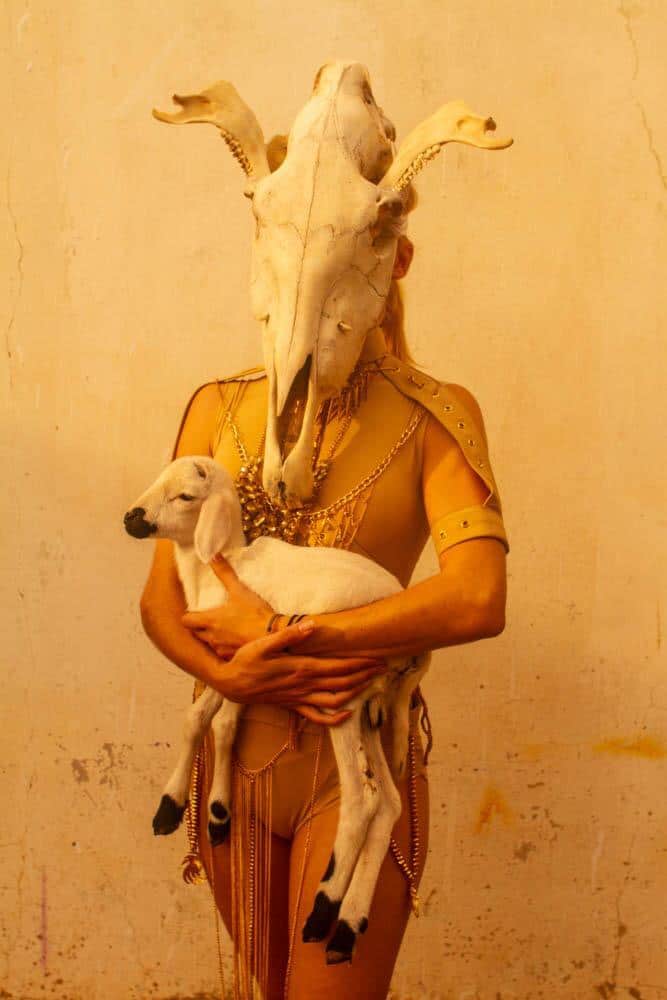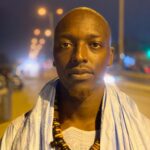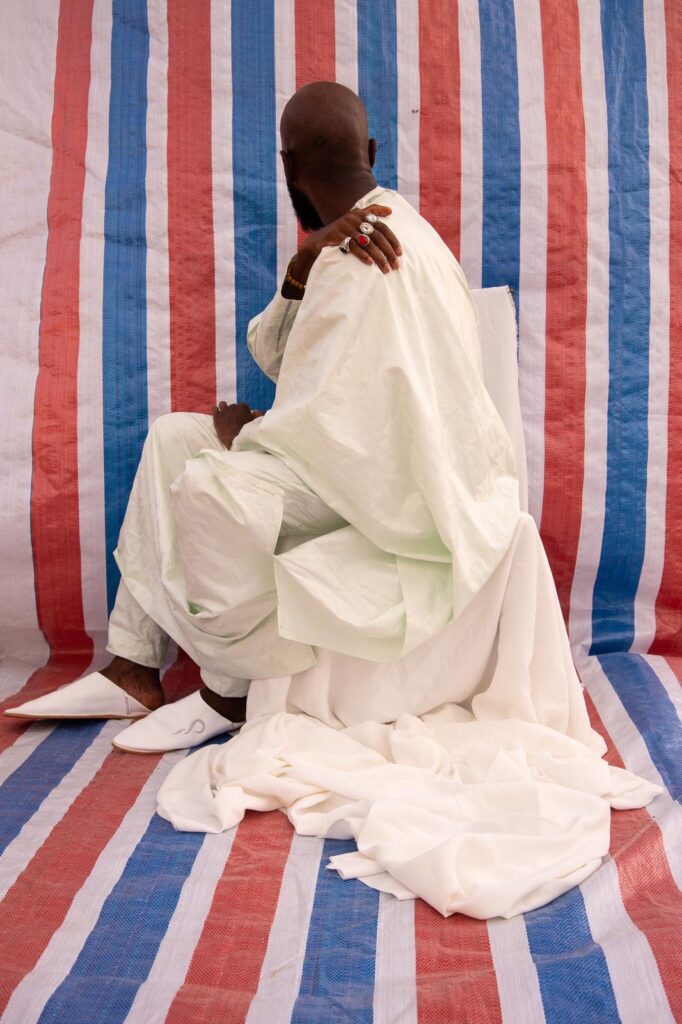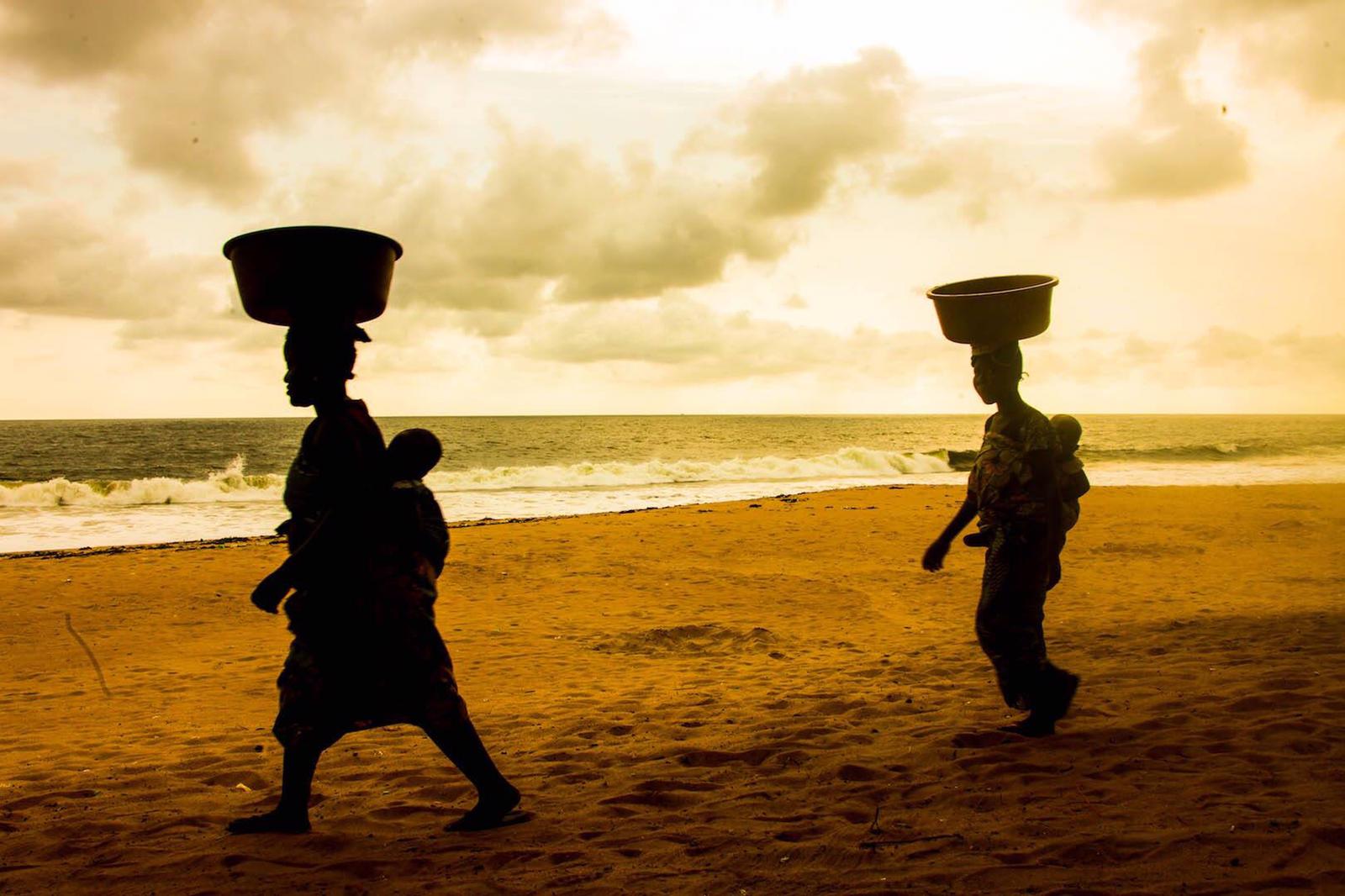Even though he has won international awards for his work and can count a slew of multinationals as former clients e.g. Coca Cola, Virgin Records, Facebook, Western Union etc, he remains grounded, humble and highly ambitious.
Born and raised in Dakar, Senegal, Djibril spent his early years in a part of the city called Medina. His cousin, Deep, who is an artist, was always bringing art to their house during Djibril’s childhood and this inspired him to take an interest and begin his own artistic journey.
His father worked in logistics which allowed for a comfortable upbringing. His demeanour and conduct left a mark on Djibril. “Consistency is the key”, this is a message that his father imparted to him when he was a boy. It is a message he has carried with him throughout his life. During some of the toughest times, it is this message that has resonated and kept him focused and resolute.
His mother, who he cites as being his number one hero, was a trader who dealt in household goods that she would go to Turkey to purchase. It is from her that Djibril feels he was imbued with a joy for life’s simple things, respect and consideration for people. She was the one who supported him through school and his artistic endeavours right from the very beginning.
While he was still a young boy his family moved from Medina to a place called Diamageune, a district some 16km from downtown Dakar. While Medina was a melting pot and a comparatively international place, Diamageune was more rough and ready. It was a place filled with more immediate challenges and tests, namely other young boys seeking to develop a reputation and project influence. He feels moving there with his family as a young boy really helped to shape him and enabled him develop both a physical and mental toughness. Diamageune wasn’t a place where being meek was necessarily conducive to an easy life!




